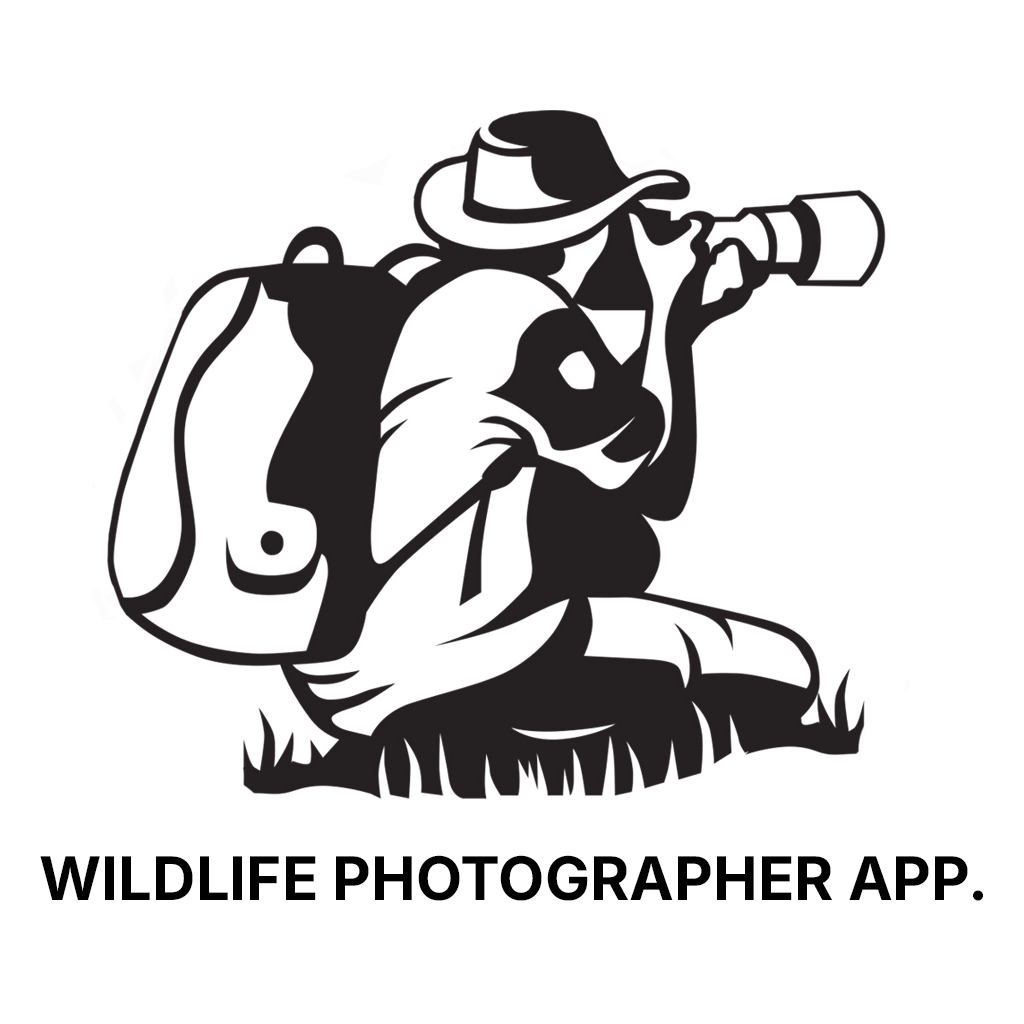Your wildlife photography guide.
Explore the eurasian lynx in detail, study its behavior, prepare your shots.
Where to observe and photograph the eurasian lynx in the wild
Learn where and when to spot the eurasian lynx in the wild, how to identify the species based on distinctive features, and what natural environments it inhabits. The WildlifePhotographer app offers tailored photography tips that reflect the eurasian lynx’s behavior, helping you capture better wildlife images. Explore the full species profile for key information including description, habitat, active periods, and approach techniques.
Eurasian lynx
Scientific name: Lynx lynx

IUCN Status: Least Concern
Family: FELIDAE
Group: Mammals
Sensitivity to human approach: Very shy
Minimum approach distance: 30 m
Rut period: February to April
Gestation: 67-74 jours
Births: April to June
Habitat:
Boreal forests and rocky areas
Activity period :
Mainly active at night, generally discreet during the day.
Recommended lens:
400 mm – adjust based on distance, desired framing (portrait or habitat), and approach conditions.
Photography tips:
Approach with great discretion, as the Eurasian Lynx is a rather elusive animal that prefers to avoid humans. Use a telephoto lens to capture images without disturbing the animal.
Photograph early in the morning or late in the afternoon, when the light is soft and the animal is more active, particularly when searching for food.
Be prepared to wait: The Eurasian Lynx spends a lot of time hunting or resting in wooded areas. Be patient to capture a natural moment.
Respect its space: Do not attempt to follow the lynx or get too close, especially when it is feeding or resting, so as not to disturb its natural behavior.
The Eurasian Lynx is a vulnerable species, mainly threatened by habitat loss and conflicts with humans. It is essential to respect its territory and avoid disturbing its hunting or breeding sites. Follow local conservation regulations to protect this majestic species.
From knowledge to field practice
A species profile helps you understand an animal. In the field, the challenge is often different. Remembering your own observations.
The WildlifePhotographer app allows you to:
• record your personal observations
• note locations, dates, and behaviors
• revisit your field references over time
• build a private and long-term field logbook
The app does not provide observation locations.
It helps you organize what you actually observe, with respect for wildlife.

